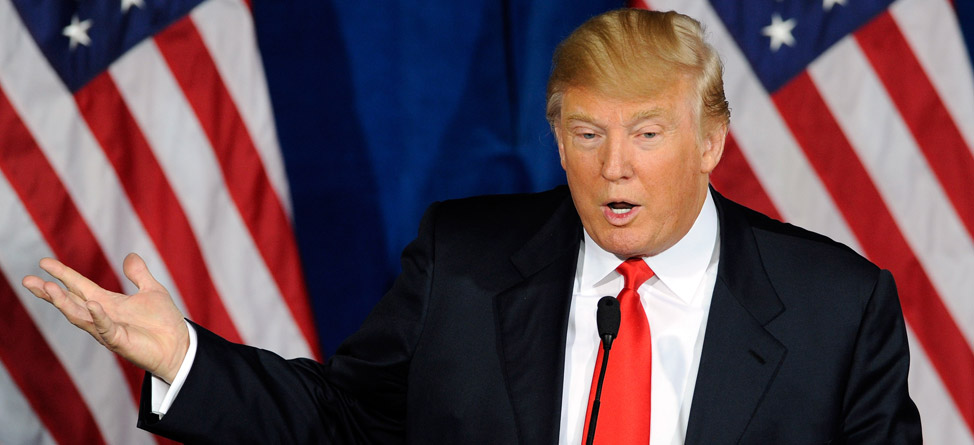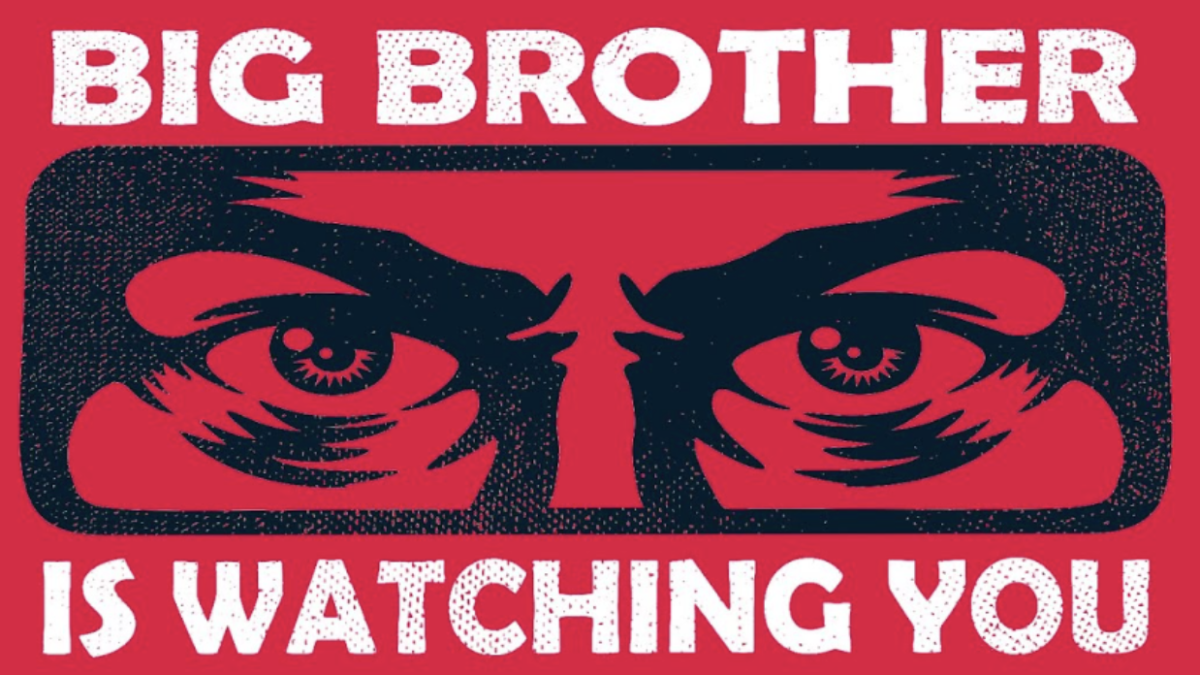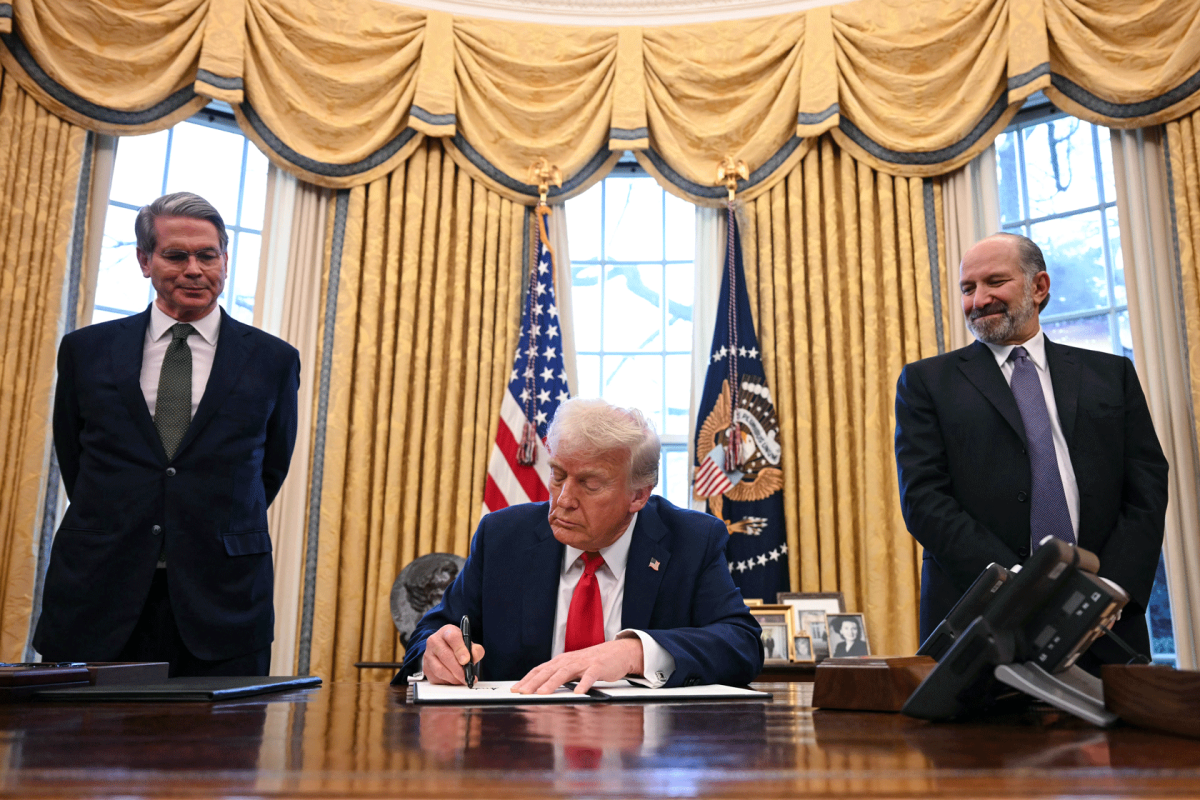By R.J. McIntyre ’18
On Friday, Donald Trump revealed that he has plans to change libel laws in the United States in order to punish the media for publishing negative and defamatory material.
On Friday, during a rally in Fort Worth, Texas, Donald Trump devoted part of his time on stage to ranting against newspapers and other media outlets that publish negative and factually incorrect stories about him. At this particular rally, Trump spoke against The New York Times’ and The Washington Post’s hit pieces. As usual, Trump attributed the newspapers’ highly critical publications to a loss of money and a decrease in subscriptions. It was a typical Trump media rant until he threatened the media. Trump stated that if he becomes president of the United States, newspapers and media outlets will “have problems.”
Trump specified his original statement. He said that if he wins the presidential election, then he would open up libel laws and make it so that public figures and public officials can sue media outlets for publishing negative and false information.
Currently, according to The Public Figure Doctrine, “prominent public persons must prove actual malice on the part of the news media in order to prevail in a libel lawsuit.” Actual malice is information that is known to be false. Trump’s policy would be a direct violation of the First Amendment because it would allow public figures to sue media outlets for publishing excessively negative information or negative opinions. This move is unsurprising considering that Trump’s other proposed policy changes have violated the First Amendment. Trump’s infamous ban on Muslims entering the United States would be a violation of the freedom of religion.
Trump’s statements are highly hypocritical. In the past, Donald Trump has spoken on several media outlets with the sole intention to defame public figures. For instance, Entertainment Tonight: The Insider broadcasted a several minute piece where Trump spoke about Rosie O’Donnell’s business failure, career on The View and her physical appearance. More recently, Donald Trump launched several attacks against Fox News reporter Megyn Kelly.
People are very skeptical of Donald Trump’s goal to alter libel laws. Even if he were to become president, he would not have not have control over changing or interpreting legislation. Gregg Leslie, legal defense director for the Reporters Committee for Freedom of the Press dismissed Trump statements regarding libel laws when she proclaimed, “Trump gets offended, he gets upset, and he wants to sue someone.”







